They don’t speak our language, but they know you. If you’ve ever felt like your pet “just gets it”—the tone of your voice, the shift in your mood, the way you come home late and try to pretend everything’s fine—you’re not imagining it. Science is finally catching up to what pet owners have known forever: our animals understand a lot more than we give them credit for.
They pick up on emotional cues, habits, and changes in the air. And whether it’s a tail wag or a sudden stare, these small, surprising moments show how deeply they’re tuned into your life. Here are 14 ways your pet might be reading you better than most humans.
1. They React To Your Emotions Instantly
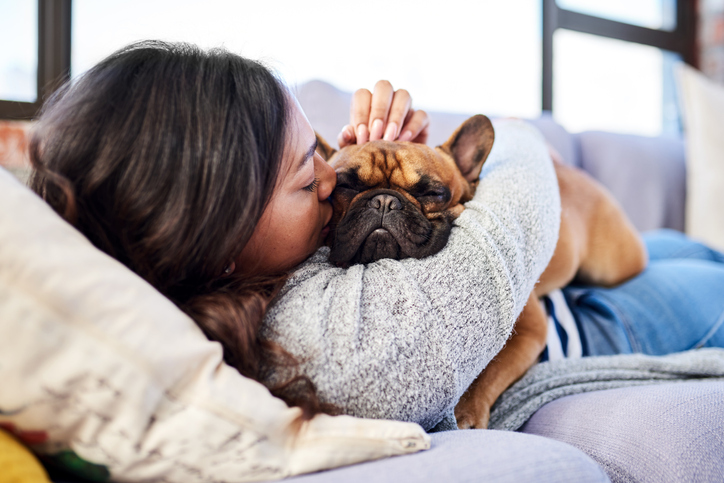
If you’ve ever cried and noticed your dog quietly curl up beside you, or your cat suddenly sit in your lap when you’re anxious, it’s not a coincidence. Studies from Animal Cognition show pets, especially dogs, recognize human facial expressions and emotional tone.
They don’t just hear sadness—they feel it. Your pet might not understand why you’re upset, but they know something shifted. And their instinct is to show up.
2. They Know When You’re Leaving—Before You Do
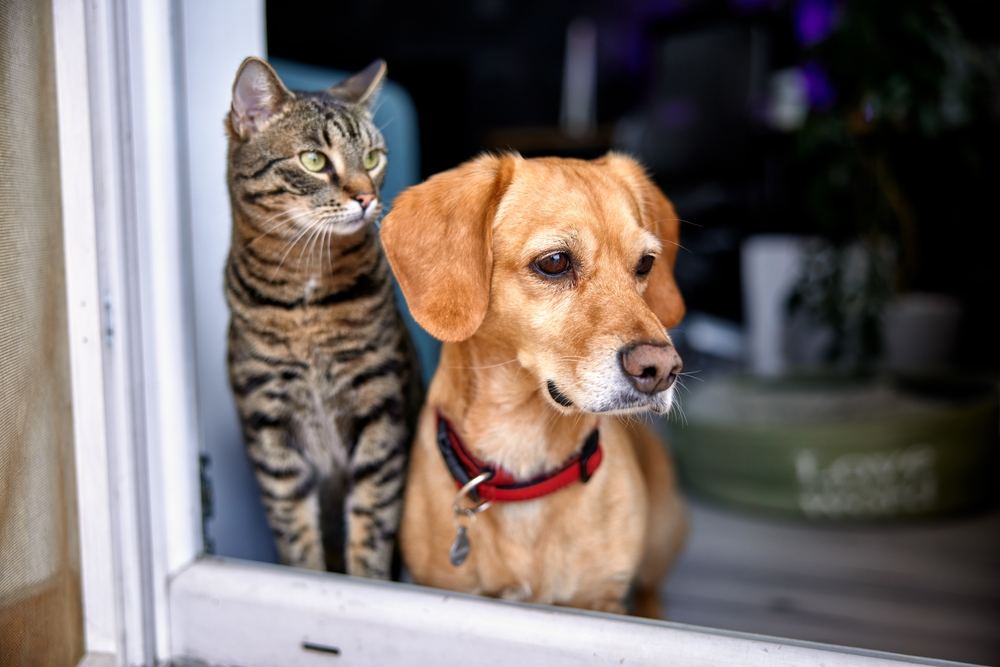
Your shoes haven’t moved. Your keys are still on the counter. But somehow, your dog is already sulking or your cat’s hiding under the bed. That’s because pets memorize subtle cues in your routine—how you move, what you wear, even the sigh you make when you reach for your bag.
They pick up on energy before objects. It’s not the sixth sense—as CVETS shares, it’s attention, finely tuned through love and repetition. You don’t even realize how predictable you are. But your pet does.
3. They Understand Tone—More Than Words
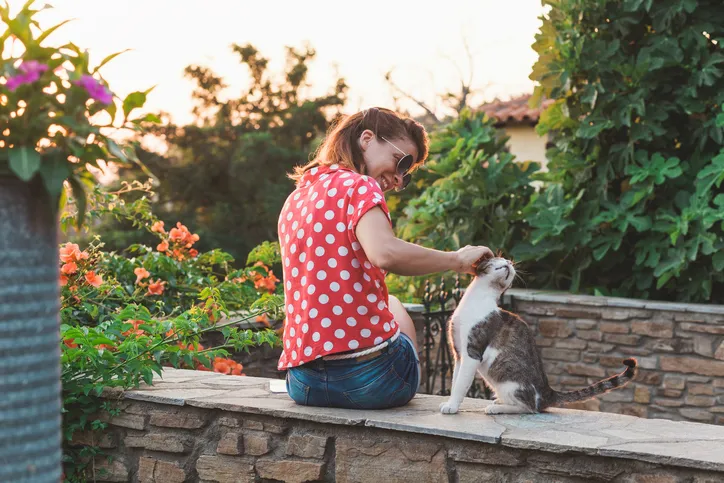
You could say “I love you” like you’re scolding them, and they’d recoil. Or you could say “you absolute menace” in a soft baby voice, and they’d purr. Pets decode tone better than vocabulary, and researchers at Emory University found that dogs process both what you say and how you say it in different parts of their brain.
Tone tells them if you’re safe or dangerous. Consistency builds trust. So even if your words are nonsense, your energy speaks fluently.
4. They Mirror Your Energy

Feeling restless? Anxious? Overstimulated? Watch your pet. Chances are, they’re more hyper than usual, pacing or acting out. Or maybe you’re having a cozy, lazy Sunday—and they’re snuggled right into it.
It’s not mimicry—it’s attunement. Animals are energetic barometers. Your mood is the weather, and they’re tracking it in real time.
5. They Comfort You Without Needing Instructions
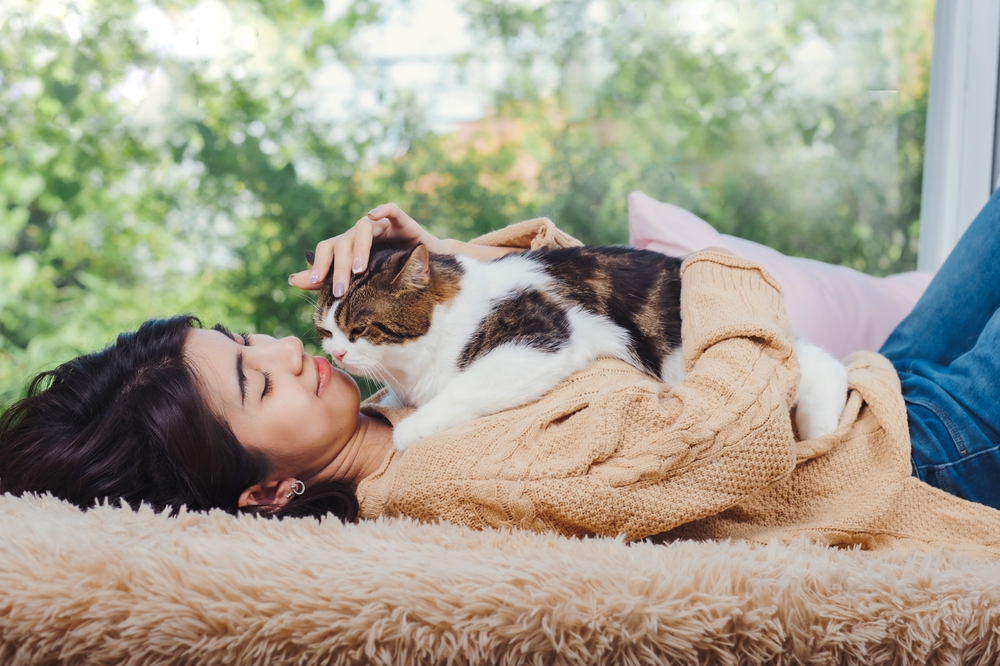
You don’t say, “come cuddle me.” They just do. Whether it’s a nose nudge, a paw, or a sudden climb into your lap, animals offer emotional regulation in the most instinctive way.
There’s no awkwardness, no pressure to explain. They don’t ask you to be fine. They just sit in the space with you until you are.
6. They Get Jealous

Try petting another dog at the park while yours watches. Or let a new baby into the house. Pets aren’t oblivious—they understand attention, hierarchy, and when theirs is being threatened.
They’ll nudge you, insert themselves between you and the “intruder,” or act out. Jealousy is a sign of connection, because to them, you aren’t just a food source. You’re their person.
7. They Anticipate Your Needs

Some pets learn the sound of your inhaler. Others wait by the door five minutes before your arrival. They know your bedtime, your alarm tone, and your snack rituals. It’s not just instinct—it’s love plus pattern recognition.
They’re mapping your life—and inserting themselves in all the right moments. Because your rhythm is theirs, too.
8. They Understand When You’re Sick or Injured
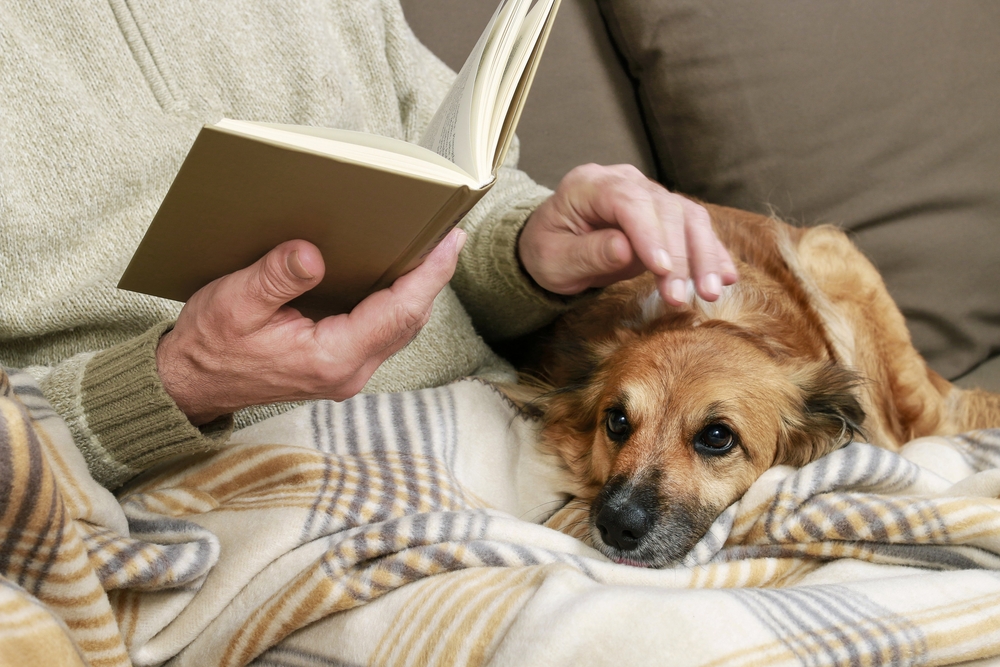
Whether it’s a subtle illness or post-surgery pain, animals often sense physical vulnerability. Dogs are known to sniff out infections or cancer. Cats might lie near an injury and stay still for hours.
They respond with calm presence, avoiding rough play or loud sounds. You didn’t tell them, but they knew. And they adjust without being asked.
9. They Recognize Specific Words (And Hide When They Want To)
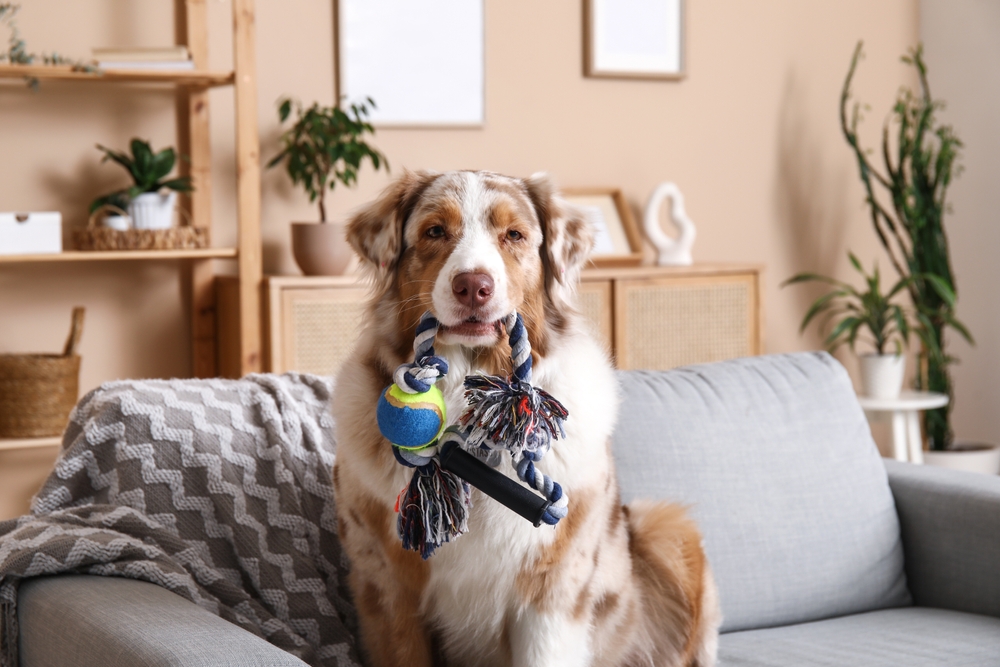
Say “vet,” or “bath,” or “nail clip,” and watch how fast your pet disappears. Say “walk” or “treat” and suddenly they’re at full attention. It’s not just tone—they’ve memorized a whole vocabulary.
And when they need a break? They find the one closet you forget to check. Emotional intelligence and passive resistance. Iconic.
10. They Know The Difference Between Play And Conflict

Your pet can tell when you’re roughhousing and when you’re actually arguing with someone. If voices get too sharp or body language shifts to tension, some dogs will bark or wedge themselves between people. Cats might slink away—or glare from the shadows.
They read body cues like professionals. They can’t stop the fight—but they’ll try to disrupt it. They’re lovers, not fighters (unless you’re late for dinner).
11. They Watch How You React To Everything
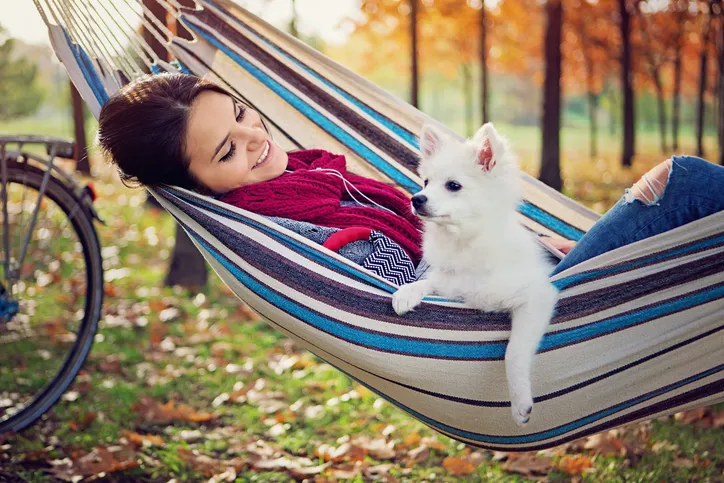
Pets don’t just react to stimuli—they study your reactions to stimuli. If you flinch at thunder, they might get scared too. If you celebrate at the doorbell, they’ll get excited. Your emotional response trains their own.
They learn the world through your face, your posture, your breath. You’re their compass. And they trust where you point.
12. They Grieve In Real, Measurable Ways

When a pet loses a fellow animal or a human, they often withdraw, stop eating, or cry. They pace near beds, sniff old belongings, or sit in silence where their friend used to be. It’s not anthropomorphism—it’s grief.
Their mourning may not look like ours. But it runs just as deep. Love leaves echoes, no matter the species.
13. They Get Embarrassed

Ever scold a dog and see their tail drop instantly? Or watch a cat slip off a shelf and try to play it cool after? Animals feel social discomfort—and they know when they’ve messed up in your eyes.
It’s not shameful in the moral sense. But it’s awareness. Of your gaze, your opinion, your approval. That’s emotional intelligence.
14. They Miss You—More Than You Think

Leave for the weekend, and your pet might act aloof when you return—but don’t be fooled. They’ve been waiting. Watching the door. Listening for your voice. And when you’re finally home, they exhale.
Reunion zoomies. Slow blinks. That paw that won’t stop touching you. Their love is quiet, but it’s loyal. And they never forget who you are.
